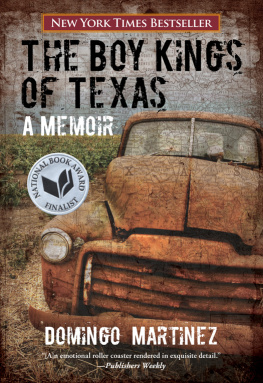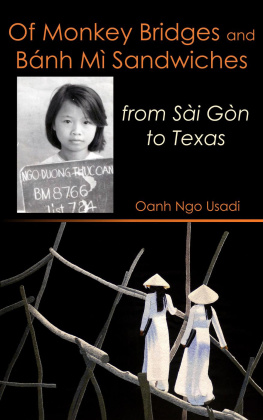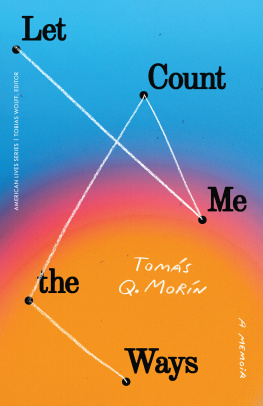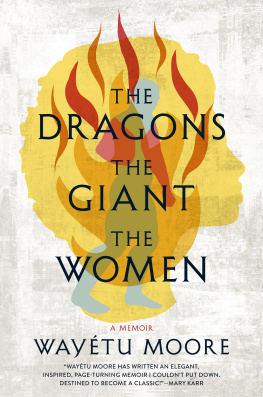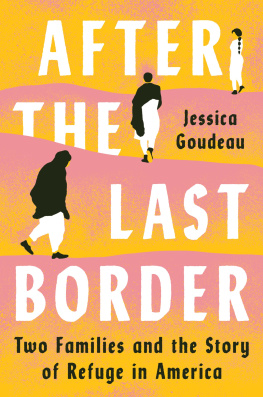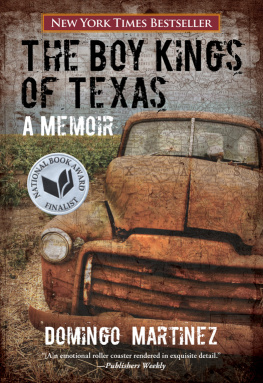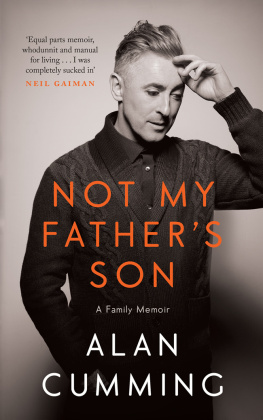THE BOY KINGS
OF TEXAS
THE BOY KINGS
OF TEXAS
A MEMOIR
DOMINGO MARTINEZ

LYONS PRESS
Guilford, Connecticut
An imprint of Globe Pequot Press
Copyright 2012 by Domingo Martinez
ALL RIGHTS RESERVED. No part of this book may be reproduced or transmitted in any form by any means, electronic or mechanical, including photocopying and recording, or by any information storage and retrieval system, except as may be expressly permitted in writing from the publisher. Requests for permission should be addressed to Globe Pequot Press, Attn: Rights and Permissions Department, P.O. Box 480, Guilford, CT 06437.
Lyons Press is an imprint of Globe Pequot Press.
Text design: Sheryl Kober
Project editor: Kristen Mellitt
Layout artist: Justin Marciano
Library of Congress Cataloging-in-Publication Data is available on file.
ISBN 978-0-7627-7919-2
Printed in the United States of America
E-ISBN 978-0-7627-8681-7
For Velva Jean
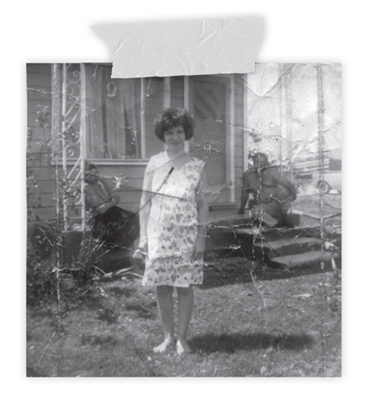
and because of Sarah
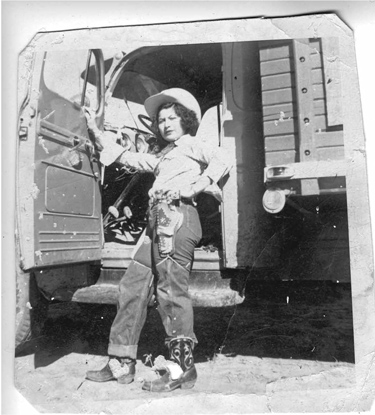
Gramma in Matamaros, late 1950s
Contents
Prologue
It began as a joke, when I was in my late twenties.
I thought Id make my older brother Dan laugh by learning a song in the long-forgotten Spanish from our youth, then belt it out unexpectedly some afternoon when we were having beers.
The song was by Vicente Fernandez and was an unofficial anthem for the Mexican farming class, back when Dan and I were growing up on the border of Texas and Mexico in the 1970s and 1980s. When it came on the radio, it would make anyone listening stop what they were doing and sing along at top volume with Mr. Fernandez in pure, animal joy, like an overemotional call to arms.
The song was, or is, rather, El Re y , (The King), and was originally written by Jos Alfredo Jimnez, a near-illiterate troubadour who wrote over one thousand songs, it is reported, even though he never learned to play an instrument.
The song was so popular on the border that even my grandmother, who was not known for her joie de vivre , would bounce along happily in a mock waltz and sing out as the spirit overtook her, in uncharacteristic glee:
Con dnero, o sn dnero... (If Im rich, or if Im poor... )

One afternoon, after blaring the song repeatedly on my stereo in order to retrace those disused paths of languagemuch to the confusion of my neighbors in Seattle, Im sureI made one of the most startling discoveries of my early adulthood.
Vicente Fernandez, I was told by my friend, David Saldana, who grew up in the Chicano movement of 1960s California, was sort of a farmers Frank Sinatra, and sang the rancheros and corrdos traditional to that class. (David, who grew up in urban areas, was more partial to Juan Gabriel, who was considered posh.)
What I could not have known growing up and hearing Vicente Fernandez all around me in South Texas was that he was singing the paean of machismo, the topographical map of the rural Mexican males emotional processing.
Right in front me, after a quick online search, was the lyrical genome for machismo. Jos Alfredo Jimnez had mapped the emotional DNA of the border male, had illustrated clearly what had so viciously plagued my father, and, well, his mother, who was as butch as they come.
Here was the source code for everything I was trying to escape: the generational compulsions and impulses of alienation, narcissism, self-destruction, emotional blackmail, and a profound conviction that everyone else in the world is wrong wrong! wrapped in a deep, all-consuming appeal to be accepted, protected by an ever-ready defensive, fighting posture, perfectly captured in a song. I was stunned at the accuracy; Jimnez, in his illiteracy, was nothing short of brilliant.
This is the song, and my bad rendering to the right:
El Rey
Yo s bien que estoy afuera
pero el dia en que yo me muera
s que tendras que llorar
Llorar y llorar
llorar y llorar
Diras que no me quisiste
pero vas a estar muy triste
y asi te vas a quedar
Con dinero y sin dinero
hago siempre lo que quiero
y mi palabra es la ley
no tengo trono ni reina
ni nadie que me comprenda
pero sigo siendo el rey
Una piedra del camino
me ense que mi destino
era rodar y rodar
Rodar y rodar
rodar y rodar
Despus me dijo un arriero
que no hay que llegar primero
pero hay que saber llegar
Con dinero y sin dinero
hago siempre lo que quiero
y mi palabra es la ley
no tengo trono ni reina
ni nadie que me comprenda
pero sigo siendo el rey
The King
I know very well that Im on the outside
but on the day I die
I know that youll have to cry
to cry and to cry
to cry and to cry
You say you never loved me
but youre going to be really sad
and thats how I demand you stay
If Im rich or if Im poor
I will always get my way
and my word is law
I have neither a throne nor a queen
nor anyone that understands me
but I will keep on being the king
A stone in the journey
taught me that my destiny
was to roll and roll
to roll and to roll
to roll and to roll
Then a mule-driver once told me
that you dont have to be the first
to arrive,
but you have to know how to arrive
If Im rich or if Im poor
I will always get my way
and my word is law
Im without throne or a queen
nor anyone that understands me
but I will keep on being the king
It loses quite a bit in the translation, but dear God, this is really what they felt. This was truth, and it was the water Dan and I swam in, growing up.
We were the sons of kings.
Music and lyrics by Jos Alfredo Jimnez; translation by Domingo Martinez.
Chapter 1
Border Justice
They were children themselves, my mother and father, when they started having children in 1967 on the border of South Texas. Dad had just graduated from high school and in a panic asked my mother to marry him because he wanted to avoid the Vietnam War draft. Mom had eagerly agreed, in order to escape something even worse.
They had three girls in three successive summers, and were then happily surprised by a boy the following year. Having done her duty in producing a son for her husband, Mom was allowed some ten months off from incubating yet another child. Or maybe Dad had finally discovered condoms. Perhaps theyd bought a television. Whatever the reason, there was a full eighteen months before I was born, the fifth child and a second son, at least for a while.
Most of the kids had been born in August or September, roughly nine months after Thanksgiving, when the Dallas Cowboys traditionally played. Dad had been a Cowboys fan since their inception, and their winning streak in the late 1960s coincided with the conception of most of his children. The year I was next to be born, the Cowboys didnt win, so I was conceived sometime during grain season, when he was maybe flush with cash and had come home drunk, which is possibly the reason I hate sports and am very fond of bread.

Collectively, we have vague and dreamlike memories from those early days of the burgeoning family, but one stands out for all of us. In it, Dad surprises us one afternoon by bringing home the smallest puppy we had ever seen. We stand around him and watch him feeding it with a bottle, and after a while he cups it in the palms of his hands and offers it to one of my sisters while the rest of us watched this and cooed enviously: There was no way she was going to keep this dog to herself, we had all subconsciously decided.
Next page
